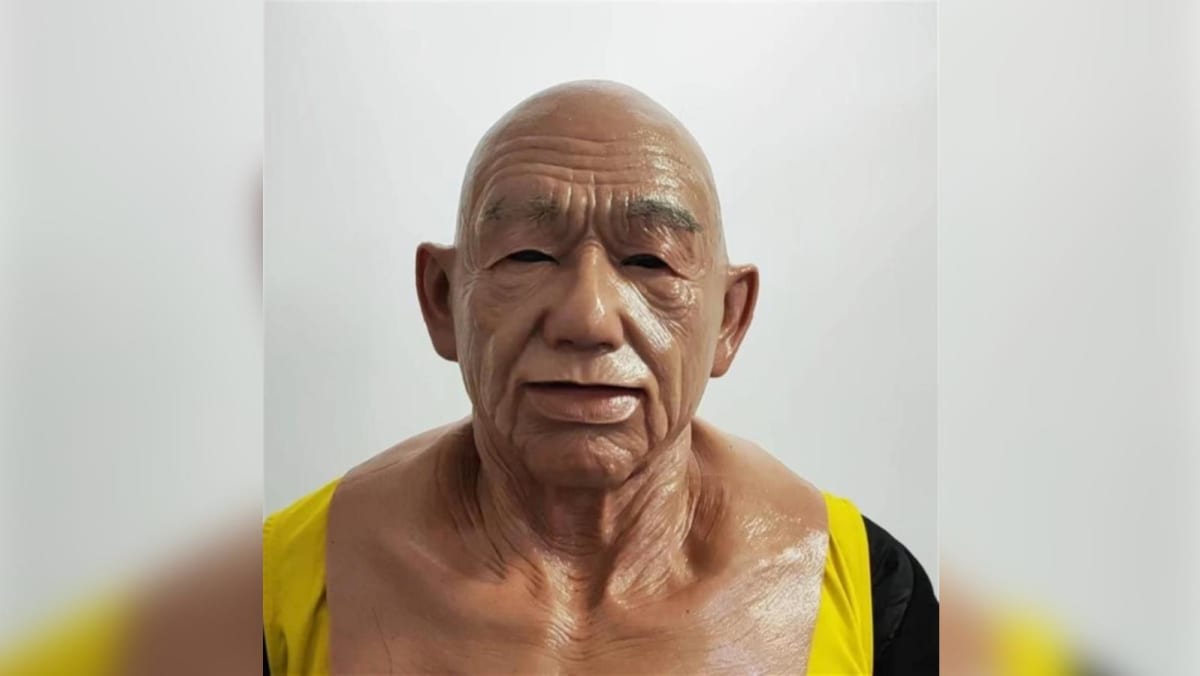

Recent incidents of criminals wearing realistic silicone face masks in China have raised security concerns [43d1bad3]. Chinese e-commerce platforms like Taobao and Pinduduo have censored searches for such masks due to fears that they could help criminals evade identification or facilitate identity theft [43d1bad3]. However, experts say there is no cause for alarm in Singapore, as there have been no reported cases of silicone mask-wearing criminals [43d1bad3]. Silicone masks can be easily accessed and delivered beyond China, including to Singapore [43d1bad3].
Chinese scholars have expressed unease with these masks, as they can help individuals evade monitoring and identification [43d1bad3]. E-commerce platforms have censored searches for silicone masks, but the censorship is easily bypassed by using alternative keywords [43d1bad3]. Silicone masks have also raised privacy concerns in China, as they can be used to bypass facial recognition technology [43d1bad3]. Chinese legal experts have warned against creating silicone masks imitating someone's facial features without their consent, as it could infringe on their right to reputation and privacy [43d1bad3]. Last August, China's cyberspace regulator issued draft rules overseeing the use and security of facial recognition technology, requiring specific purposes, consent, and protective measures [43d1bad3].
In addition to the crackdown on subversive Halloween cosplay in Shanghai, China is now facing a new challenge related to the sales of hyper-lifelike silicone masks [25da07d5]. These masks, priced at up to 25,000 yuan (US$3,400), are capable of transforming the wearer into any celebrity and can allegedly help people pass facial recognition checks [25da07d5]. While the masks are commonly used as film-making props, there have been cases of cheaper versions being used to commit crimes [25da07d5].
The growing online sales of these masks on Taobao, China's largest e-commerce platform, have sparked intrigue, crime fears, and worries about privacy [25da07d5]. Dozens of such masks have been sold, raising concerns about the potential misuse of this technology [25da07d5]. Silicone mask sellers may face legal consequences if they exaggerate the products' functions or sell them to those who use them for illegal purposes [25da07d5]. The Beijing Internet Court has previously ruled on the violation of personal rights by AI 'face swap' apps, indicating the government's concern for protecting privacy in the digital age [25da07d5].
This development adds to the ongoing debate surrounding facial recognition technology and its impact on privacy and security. The use of lifelike masks to bypass facial recognition checks raises concerns about the effectiveness of these systems and the potential for identity theft or fraudulent activities [25da07d5].
As China continues to grapple with these issues, it highlights the need for regulations and safeguards to ensure the responsible use of emerging technologies and protect individuals' privacy and security [25da07d5].